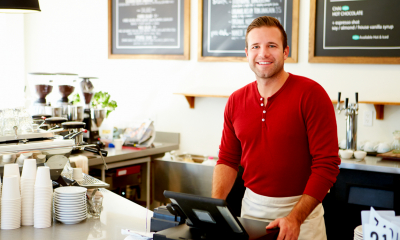
If your business is involved in making or supplying products, you need to think about their safety. This includes if you use products as part of the service you provide - for example, a beauty therapist using cosmetic products
If a product injures someone or damages their property, you might face a claim for compensation. Product liability insurance can cover the legal costs of defending a claim and the costs of compensation you may have to pay.
Producers' responsibilities and insurance needs
The main responsibility for product safety lies with the businesses that produce them. These include:
- manufacturers;
- businesses that repair or modify a product in a way that affects its safety;
- businesses that sell ‘own-label' products using their own name or trade mark;
- importers of products made outside the EU.
As well as helping you deal with any claims you might face, you may find that some customers require you to have product liability insurance.
Full product liability insurance for a manufacturer can be expensive, depending on how risky the insurer thinks your products might be. The insurer will want to know about your manufacturing process and the materials involved, how high your turnover is and so on.
Costs are likely to be higher if you want international cover, particularly for products being distributed in the US.
Whether you take out insurance or not, you should do what you can to minimise the risk of problems. For example, you should make sure you're meeting any safety standards and regulations that apply to your kind of product. You should also have quality control procedures to help prevent defects. Meeting standards and having good procedures is likely to be a requirement of any insurance policy.
Suppliers' responsibilities and insurance needs
If you supply products, you have some responsibilities for safety. For example, you should make sure you only sell products that you think are safe, check with your suppliers that they meet relevant standards, keep sales records in case of problems and so on.
In some cases, you can also become liable if someone makes a claim after a product causes an injury or damage. This happens if you do not know who the manufacturer is, or if the manufacturer has gone out of business.
You should avoid any contracts with your suppliers (such as the original manufacturer) where you agree to take responsibility for product safety. Not only will this mean that they can pass compensation claims on to you, but it is also likely to invalidate any product liability insurance you have.
Shops, builders and other businesses often buy product liability insurance alongside public liability insurance - which covers other types of claims, such as if a visitor to your premises is injured.


